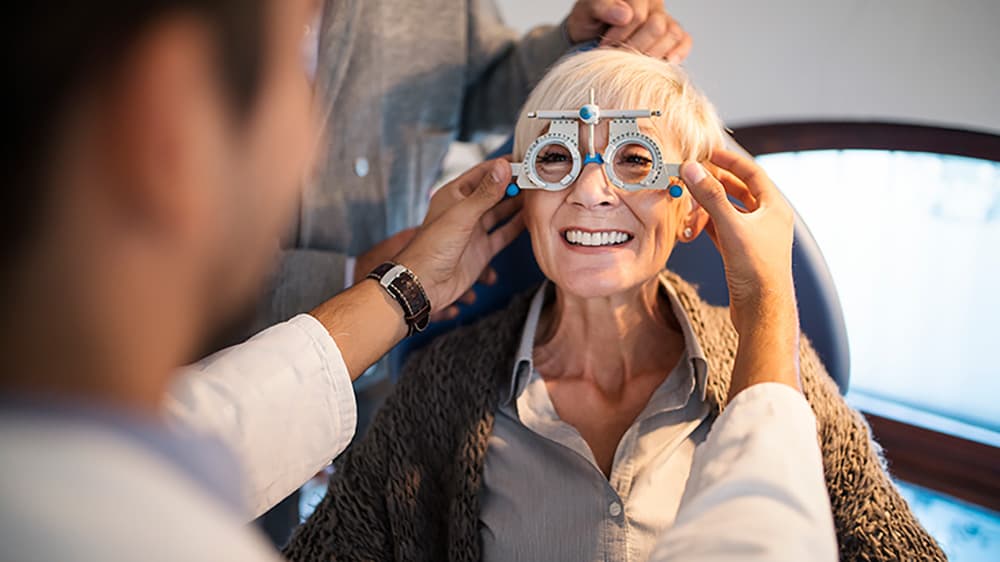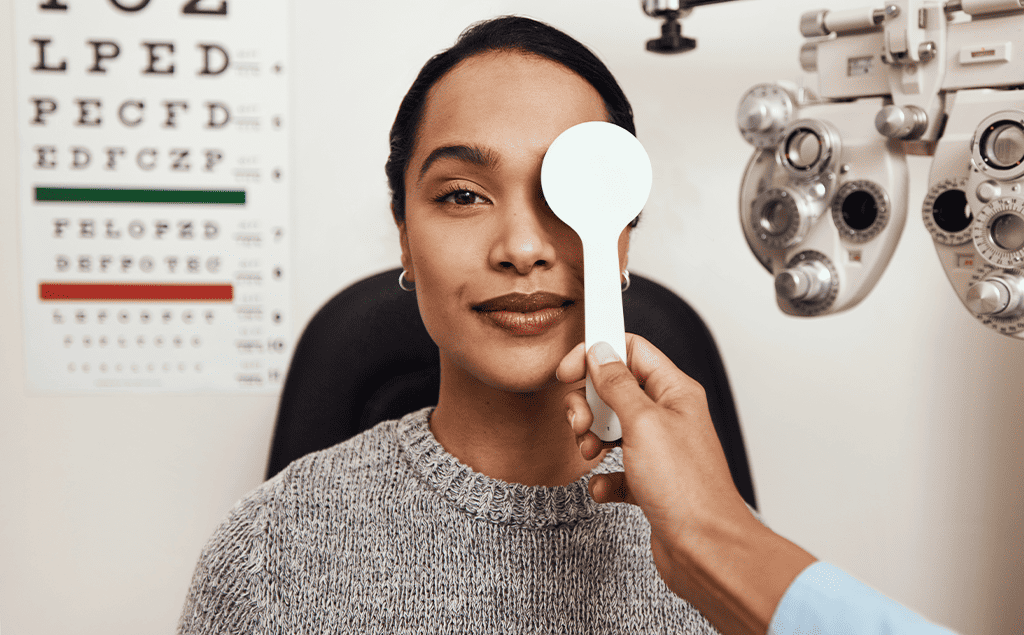Hearing loss and diabetes
The ability to hear is often taken for granted until it is lost. One in six Australians experience some form of hearing loss and research suggests those with diabetes are twice as likely to have a hearing impairment compared with those without diabetes. A stronger association was observed in younger people living with diabetes and hearing impairment.
Several recent studies have identified a possible link between ongoing high blood glucose levels and a higher risk of hearing impairment, where damage occurs to tiny blood vessels in the inner ear. This disrupts the ability of sound transmission to the brain, making it more difficult to hear.
Hearing loss
Hearing loss makes it difficult to hear sound and speech. It can affect people’s self-esteem and confidence due to an impaired ability to communicate effectively. This can cause fewer opportunities in career or education, social isolation and emotional issues regarding lowered self-confidence.
Hearing loss can range from mild to severe and can be either temporary or permanent.
Causes
Hearing loss can be a caused by:
- Long exposure to noisy and loud environments such as music events, or industrial heavy machinery such as in mining, construction and farming
- Ear infections or head injuries
- Exposure to certain chemicals or medications including aspirin, some antibiotics, cancer drugs, and
- Loud music using headphones.
Sign and symptoms
- Difficulty hearing and having conversations in noisy places
- Having difficulty understanding what people say, asking them to face you when speaking or asking them to repeat themselves
- Needing the television louder than other people
- Hearing ringing sounds in the ears
- Experiencing discomfort with loud noises.
What can you do?
Keeping in contact with your health care professionals is an important step in preventing and managing any hearing-related issues.
One recent study concluded that a higher three monthly average glycated haemoglobin (HbA1c) test result representing higher long-term glucose levels and less optimal blood glucose management were generally associated with hearing loss risk, especially in younger people with diabetes. So make sure you:
- Continue to see your GP, credentialled diabetes educator or dietitian to help with your ongoing management of diabetes
- Attend a hearing screen at least every three years, but sooner if you notice a difference in your hearing or your diabetes management
- Wear hearing protection if you are exposed to loud environments such as work or music festivals, and
- Limit the use of headphones with loud music and use headphones with volume limits.
Entitlements for those with hearing loss
The Australian Government offers fully and partially subsidised hearing aids for children and adults of particular sectors of the community through registered program providers.
Australian citizens or permanent residents who hold:
- A pension concession card
- Department of Veteran’s Affairs (DVA) card
- Disability employment service (DES) card
- Sickness allowance
- Members of the defence force
- Aboriginal or Torres Strait Islander people over 50 years old
- Are under 26 years of age
may be entitled to a fully or partially subsidised hearing aids.
Those who are not entitled to subsidised hearing aids under this program may be able to request reconsideration or may be able to obtain hearing aids at reduced cost through a hearing aid bank.
Hearing aid banks
The hearing aid bank was established to provide access to subsidised hearing aids for working age hearing impaired Australians who do not otherwise meet the eligibility criteria to subsidised hearing aids under the scheme run by the Australian government. Further information visit hearingaidbank.org.au.
Donate old and unused hearing aids to companies that specialise in refurbishing them and providing hearing aids to those who cannot otherwise afford them. Such companies include Sound Fair Victoria and Recycled Sound.
By Alison Crow Pharmacist, CDE



